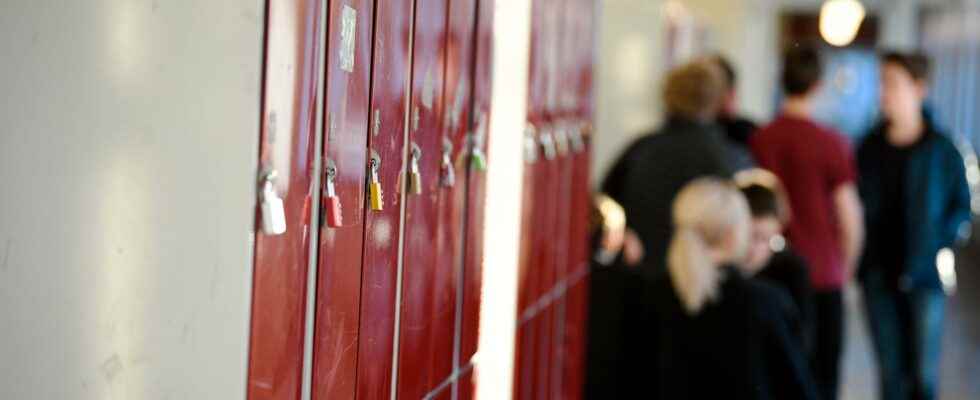Published: Just now
Society needs to get better at preventing children and young people from being taken out of the country against their will. The municipalities must increase the pace, according to a new report.
– It is too slow to put knowledge and legislation into practice, says Mikael Thörn at the Equality Agency.
In its report, the authority has interviewed people in, among other things, social services and schools who testified about 143 individuals, including 120 children, who were taken out of Sweden against their will.
Escaping an authority decision is highlighted as one of the most common reasons why children and young people are sent abroad, child and forced marriages and so-called educational trips are other reasons. In several of the cases, they have been exposed to honor oppression, in some cases also physical violence.
Many times one or more authorities have been aware that the person has been exposed.
Must be prioritized
The Equality Authority points out that the work against honor-related violence and oppression looks very different in the country’s municipalities.
– There are municipalities that have extensive knowledge of honor-related violence, where risk assessments are carried out and children and young people receive support and protection. But this area must be prioritized by all municipalities. In part, you must have knowledge and routines where special people with special experience can work with these issues, says Mikael Thörn, head of unit at the authority.
Among other things, social services often lack resources and this makes it difficult to protect children who need help. In many places, social services are also struggling with a high turnover of staff.
– You have to be able to retain staff so that you have continuity. When you change staff, it is devastating for a child who may meet with a caseworker at the beginning of the year and who is then changed several times. Then it is clear that it is difficult to tell about your vulnerability and get help.
“A betrayal”
Investments have been made in the area, but there are still major shortcomings in terms of knowledge, resources and risk assessments, states the authority.
– It is the responsibility of managers and politicians regarding how to prioritize these issues, it is about financial resources. It will be impossible to work with this if you don’t have any opportunities to, for example, make risk assessments.
According to Mikael Thörn, it is too slow to put knowledge and legislation into practice.
– It is not acceptable because it is a big betrayal of vulnerable children and young people, that you cannot give them the support and protection they are entitled to. With strengthened legislation, guidance and knowledge, we should have come much further.
Facts
So the report was made
The report is based on interviews with people in social services, the police, schools, special resource centers against honor-related violence and oppression, and non-profit organizations.
The interviews have dealt with a total of 171 individuals with whom the professionals have come into contact in various ways. 146 of them are children.
Of the 171 individuals, 143 have been taken out of Sweden against their will, for example to be married off, to be brought up or to escape an authority decision. Of these 143, 120 are children.
Of the 143 people who were abducted, 62 people have returned to Sweden. 81 people are still abducted (at the time of the interviews).
In many of the cases there is a vulnerability to honor oppression, and in some cases also a vulnerability to physical violence.
Knowledge of the individual’s vulnerability has existed with one or more authorities in approximately 64 percent of the cases.
Source: The Equality Authority
Read more
